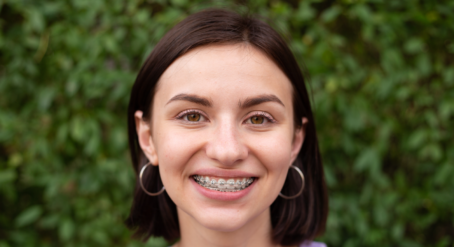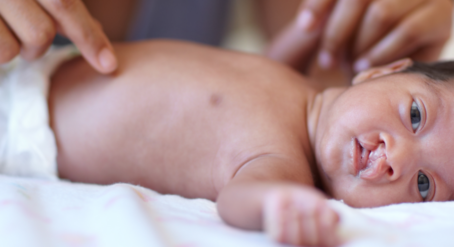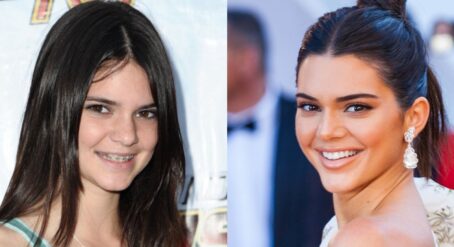There’s no childhood milestone that leaves a bigger mark than the transition from baby teeth to permanent teeth. From the first tooth to fall out, to the years of gap-toothed smiles that follows, baby teeth play a crucial role in your child’s oral health and development. In this article, we address common questions regarding braces and the implications of retaining baby teeth.
Are baby teeth important?
Baby teeth – or milk teeth as they are often referred to – may not be permanent, but that doesn’t mean they’re not important. It is crucial to instil good oral hygiene habits in your child from an early age as gum disease can cause early tooth loss leading to severe crowding, and can impact their long-term oral health once their permanent teeth erupt.
What age should baby teeth all be gone?
Every child is different, and there is no set timeline for when they should have lost all their teeth. However, generally children begin to lose their baby teeth age of 6 or 7 – often starting with the lower front teeth, followed by the upper front teeth. By the age of 12 or 13, most children will have lost all their baby teeth and have a full set of permanent teeth.
It’s important to note that the eruption of permanent teeth can be slightly different for each child. If you have concerns about your child’s tooth development or if their baby teeth aren’t
falling out as expected, it’s best to consult a specialist orthodontist who can provide expert guidance and the treatment options which may be available.
Can you get braces with baby teeth?
While baby teeth are an important part of a child’s oral development, their presence does not necessarily mean that orthodontic treatment must be delayed. For some patients, an early or Phase 1 orthodontic treatment can be highly beneficial – to intercept significant developing problems which may result in tooth or gum damage – whereas the majority of patients can safely wait for comprehensive orthodontic treatment when they have lost all of their teeth.
Early orthodontic intervention (or Phase 1 Treatment) may be recommended during the transition from baby teeth to permanent teeth. Such interceptive treatment helps provide an improved overall environment for the erupting permanent teeth. This treatment approach may be recommended for specific orthodontic issues that, if left unaddressed, could lead to more severe problems in the future.
Orthodontists are skilled in assessing the needs of each individual patient, regardless of their stage of tooth development. They will determine the most appropriate treatment approach to ensure a beautiful smile and well-functioning teeth for your child. As many developing orthodontic problems can be diagnosed between the ages of 8-10 years, this represents a good time to get your child in to see an orthodontist.
What happens if you still have baby teeth?
While most children lose their baby teeth naturally, some individuals may retain one or more baby teeth into their teenage or adult years.
Retained baby teeth can occur due to various factors, such as missing permanent teeth, a discrepancy between jaw size and tooth size, or another dental anomaly. If baby teeth are retained beyond their expected timeframe, it is important to consult a professional. In many cases, routine dental x-rays and a visit to the orthodontist can help to identify if this will be something your child may experience, rather than waiting to see if they fall out.
Orthodontists will evaluate the situation and determine the best course of action. Treatment options may include periodic monitoring, extraction of the retained baby teeth and/or orthodontic appliances to maintain or create space for the permanent teeth. Such treatment can help ensure correct tooth alignment and prevent other associated complications in the future.
Understanding the development and importance of baby teeth is essential for parents to ensure their child’s oral health and overall wellbeing. While the timeline for losing baby teeth may vary, it is generally expected that all baby teeth will be replaced by permanent teeth by the age of 12 or 13.
Braces and orthodontic treatment are not limited to individuals with a complete set of permanent teeth. Orthodontists are equipped to address orthodontic concerns at any stage of tooth development. If you have any concerns about your child’s baby teeth, tooth eruption, or orthodontic needs, consulting a specialist orthodontist will provide the guidance and treatment necessary to promote a healthy and confident smile for your child.
Remember, you don’t need a referral from your family dentist to book in with an orthodontist. Simply use our Finder Tool to search for a registered specialist orthodontist in your area.









